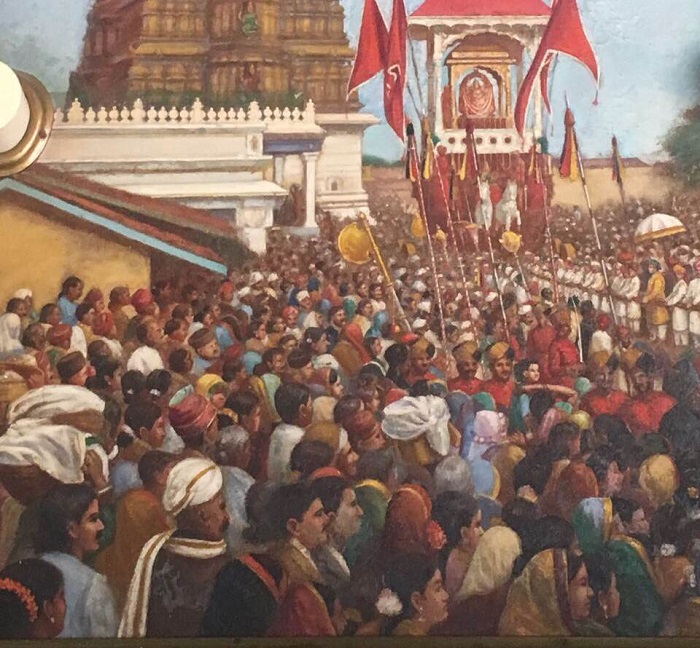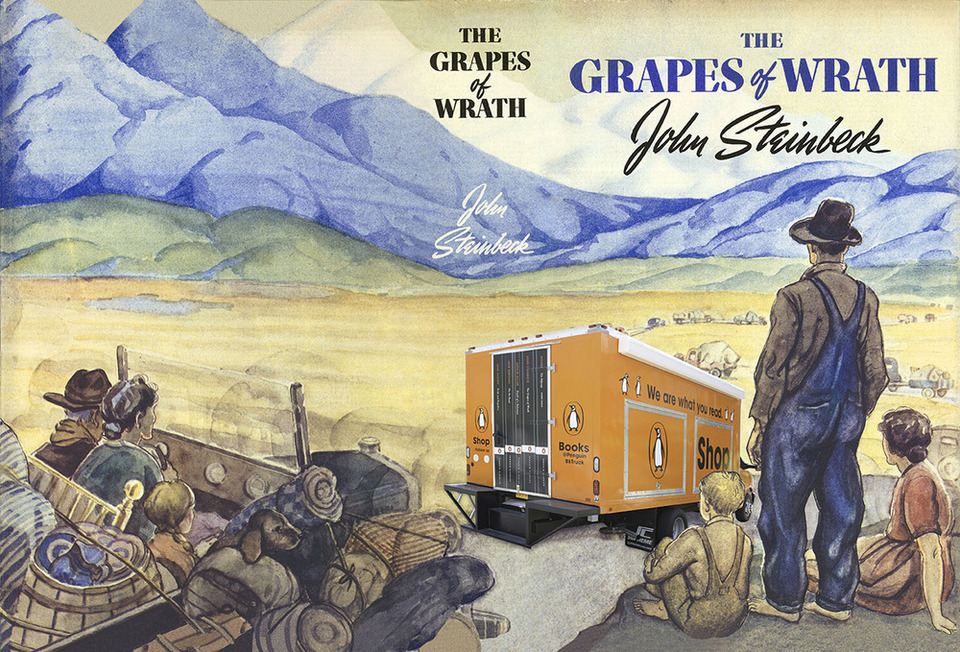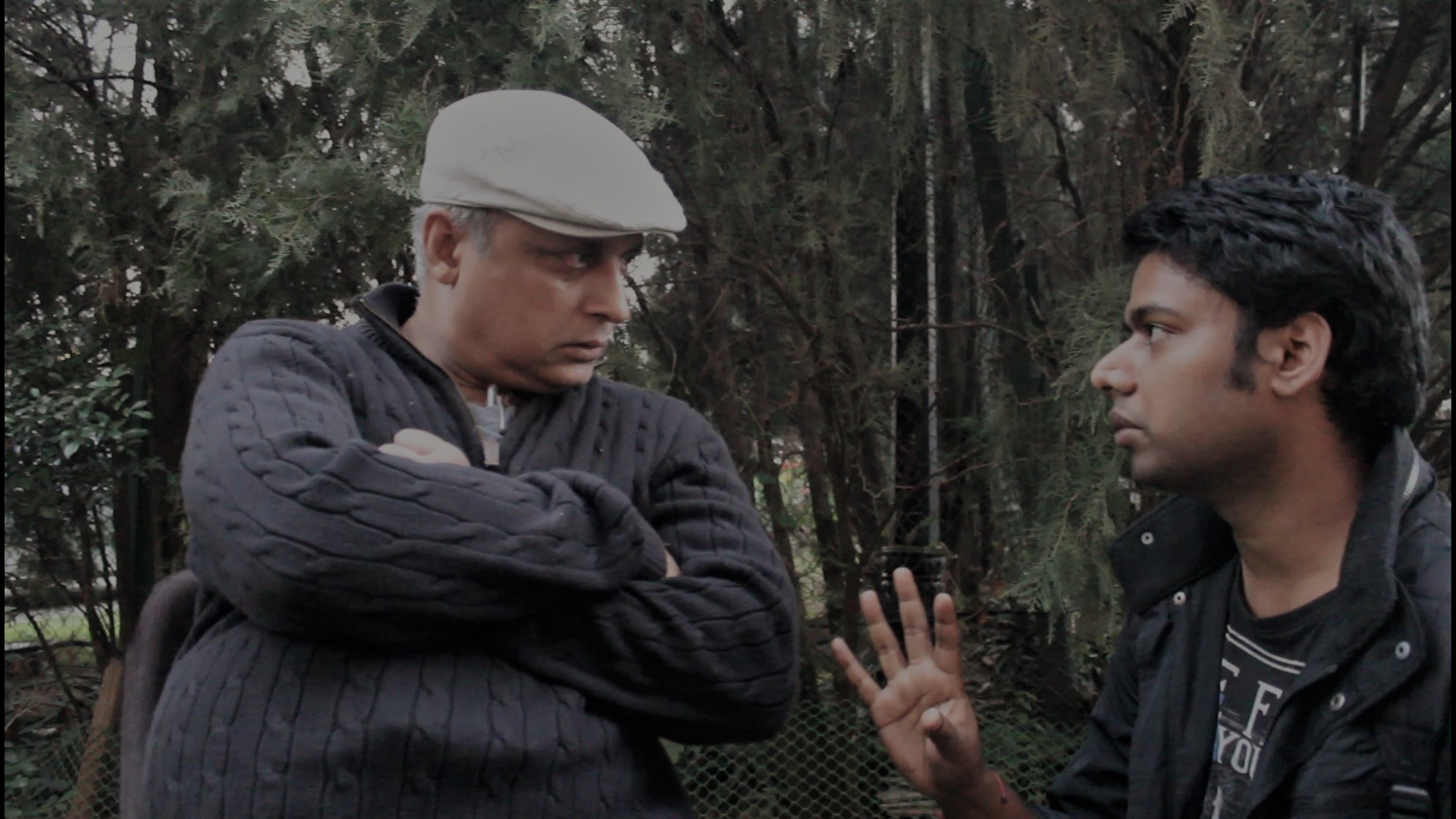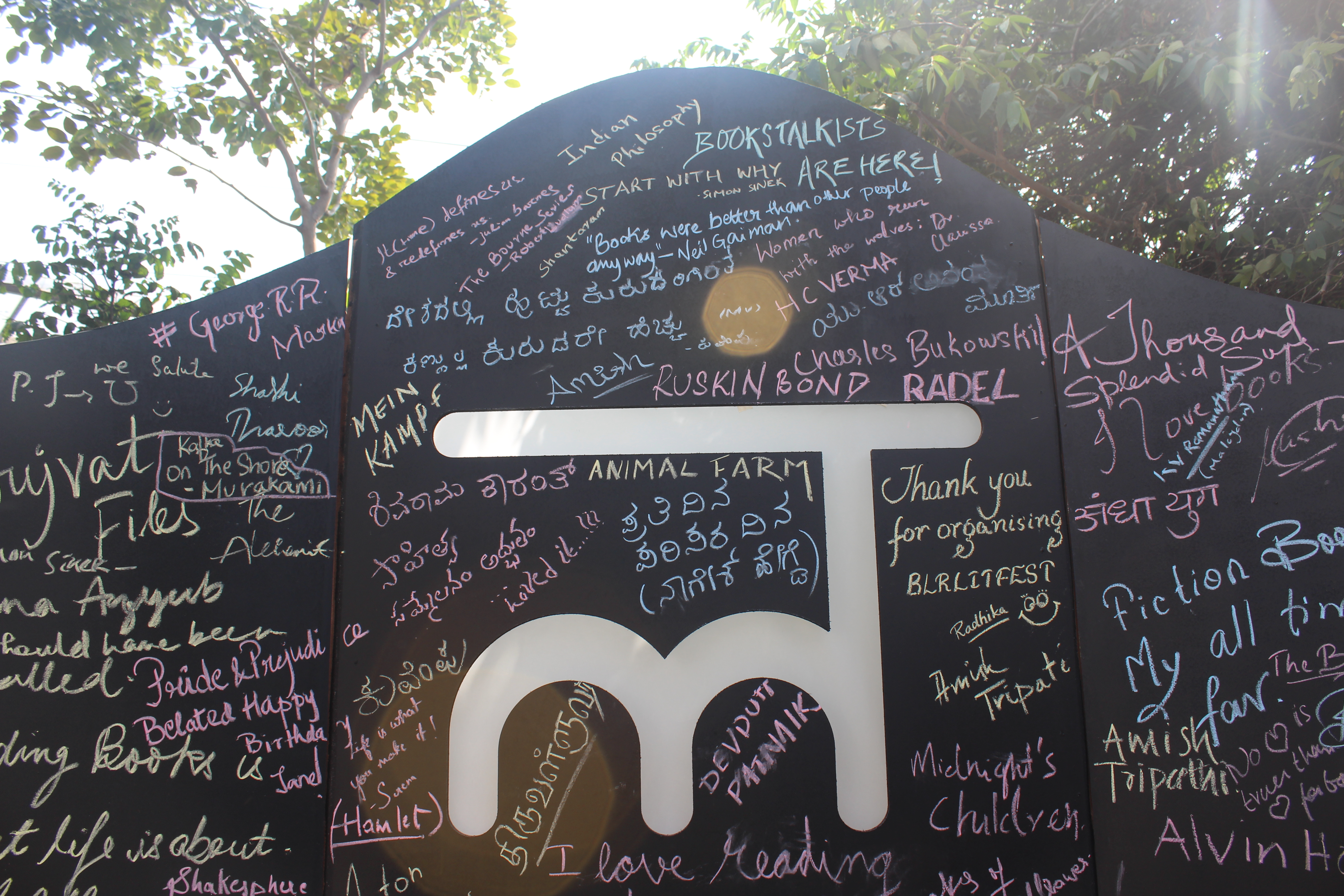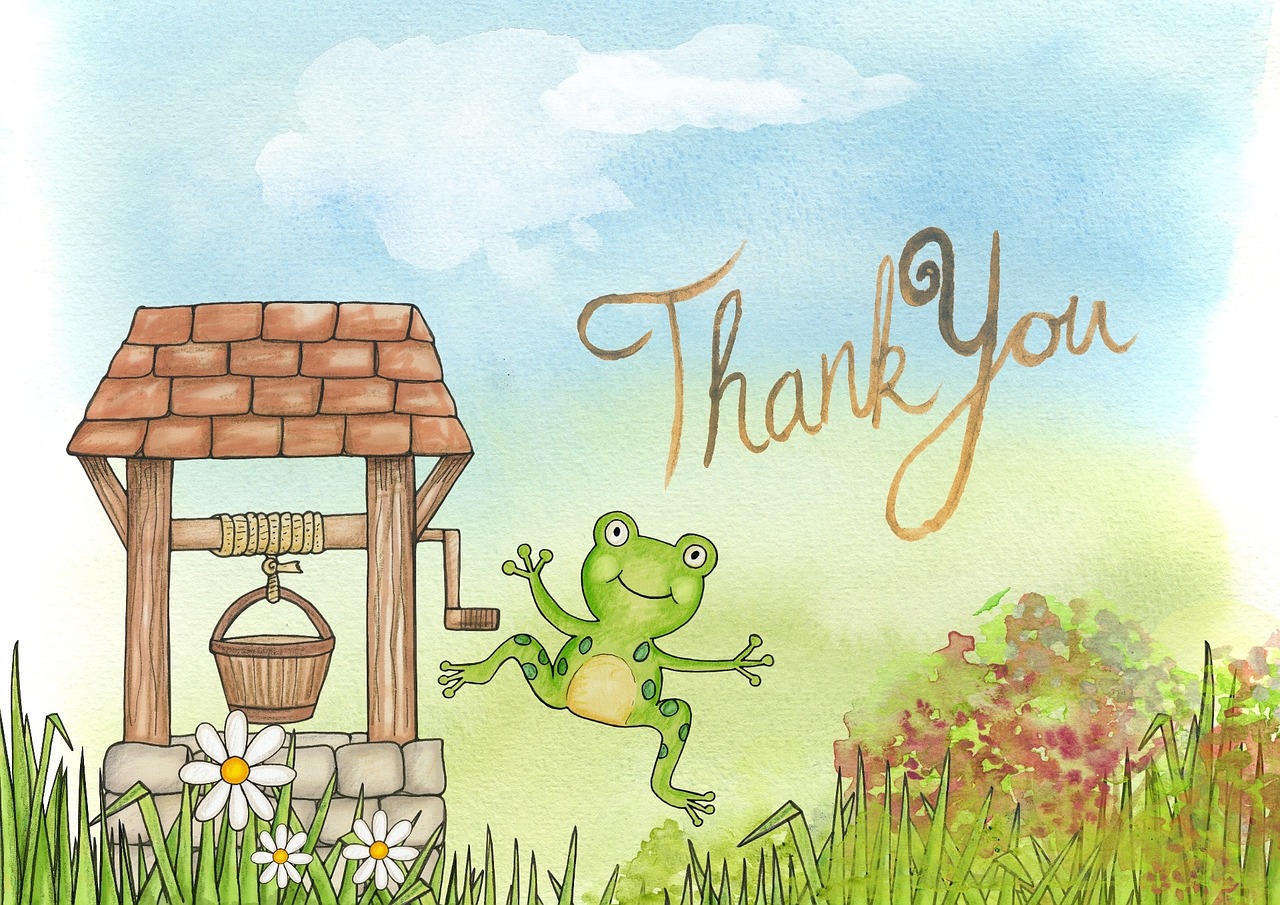April is a busy month. Around the world, this month is dotted with some of the most significant events in the pages of history. Particulary in India, the month holds a special place as most of the Indian calendars have the new year marked in the month of April. While we celebrate the new year with a hope that the COVID-19 pandemic becomes a thing of the past, here is a list of book recommendation from us to keep you busy, informed, and well fed on literature in these trying times.
Pakistan or The Partition of India by Dr. B.R. Ambedkar

One of the most important figures who gave shape to the Indian constitution and the way our nation functions today has been Dr. B.R. Ambedkar. He was born on 14th April, 1891 and has left a huge body of work behind him for us to understand his ideas and thoughts on multiple subjects. One of the most important books written on the partition of India and the creation of Pakistan is Dr. Ambedkar’s ‘Pakistan or The Partition of India’. In his inimitable style, Dr. Ambedkar goes to the roots of several untackled questions behind the idea of Pakistan and enlightens the readers with finer details of the path India took to be standing face to face to the tragedy that was partition. Buy the book here.
Khooni Vaisakhi by Nanak Singh

On 13th April, 1919, India saw one of the worst crimes under the British rule. Following the orders of Gen. Dyer, the police opened fire on an unarmed assembly gathered to protest against the Rowlatt Act at Jallianwala Bagh. Hundreds were killed and thousands were injured in this shameful act. Punjabi writer Nanak Singh who at the time was all of 22 years at the time, was present in the gathering and lived the trauma. Later, he penned down his pain in long form poetry, known as Khooni Vaisakhi. The book has also been translated into English by Navdeep Suri. Buy the book here.
Novellas Exemplares by Miguel de Cervantes

April 23 is celebrated as World Book Day in several countries and by UNESCO. The date was chosen because it coincided with the death anniversary of several authors, including the famous Spanish author Miguel de Cervantes who is more popular for his book Don Quixote. The date also marks the death anniversary of William Shakespeare, William Wordsworth, Inca Garcilaso de la Vega, and David Halberstam. Coming to the book, this is a series of 12 novellas by the author written between 1590 and 1612. The story series are categorized by two main characteristics – one characterized by an idealized nature and others that are of realistic nature. Buy the book here.
Honourabe Mentions: Apart from these books, you can also pick Annihilation of Caste by Dr. B.R. Ambedkar, Democratic Administration in the Light of Practical Vedanta by Swami Ranganathananda, and Himalayan Challenge – India, China and the Quest for Peace by Subramanian Swamy.





